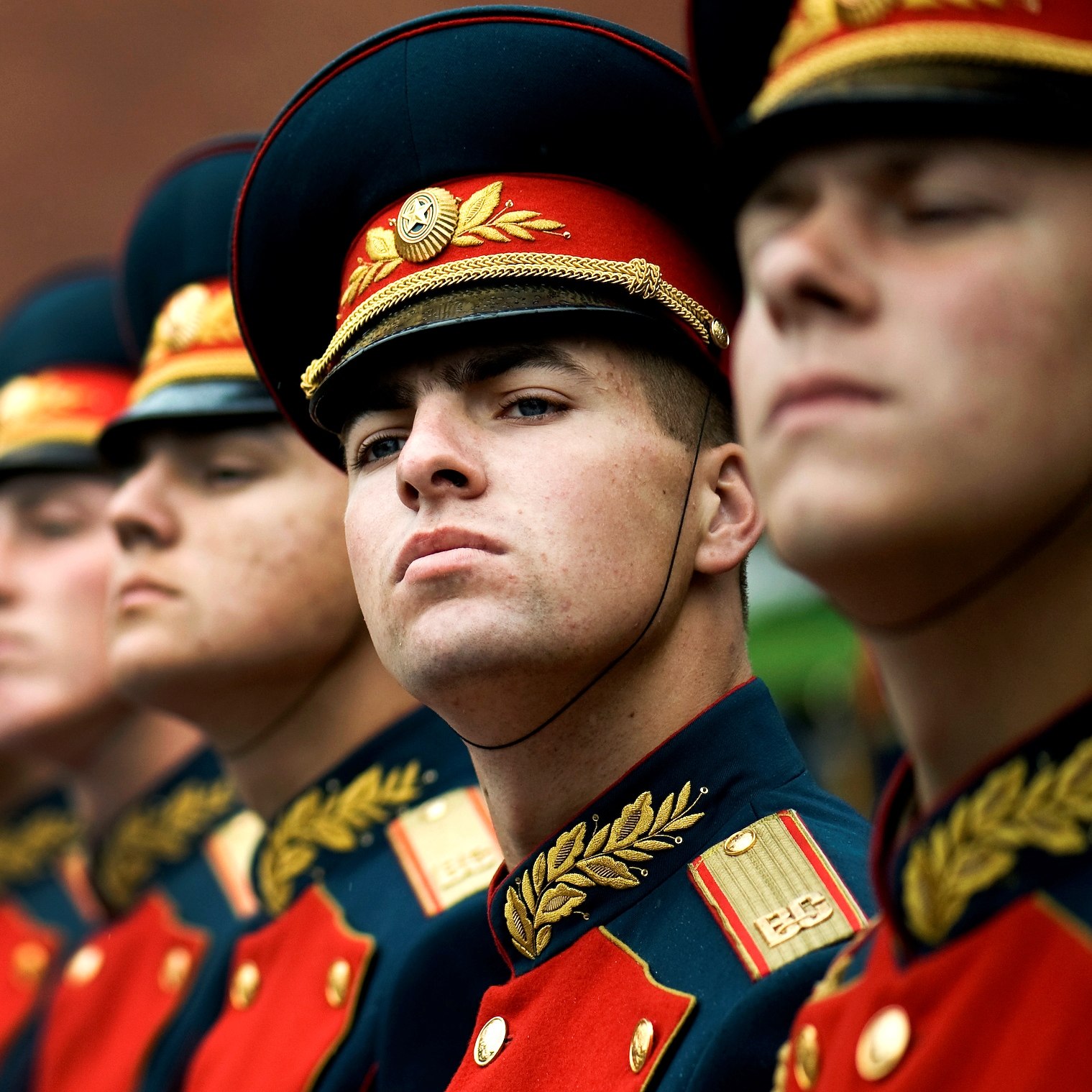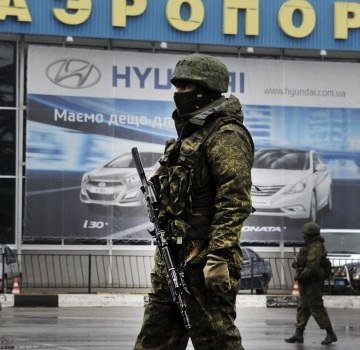I’ve avoided writing anything on the situation in Ukraine, because there’s so much material being written already and I’m not an expert on the Ukrainian military. But I do want to make just a couple of quick points.
1) Russian military experts seem to have been caught up in their government’s propaganda. This is especially disappointing when it comes from usually top-notch analysts such as Ruslan Pukhov and Igor Korotchenko. In an article that was picked up and translated by Russia Beyond the Headlines, they display a frightening amount of self-delusion in arguing that Ukrainian troops are not combat-capable simply because they stayed in their barracks while Yanukovych was being deposed. To assume, as Korotchenko does, that a military that stays on the sidelines during an internal conflict will not be able to act in the event of a Russian invasion betrays a willful lack of understanding of the difference in motivation between intervening in an internal conflict and defending your country when it’s under attack. Pukhov argues that because the army is made up of contract soldiers, local Crimean boys will not fight the Russians. This is a much more serious possibility and may well turn out to be the case, but so far there are at least a number of units that are refusing to submit to the “polite people” without insignia that are surrounding their bases. For the moment (and thankfully), they have not received any orders to fight, so the jury is still out on this question.
Now from what I know, the Ukrainian military is not in particularly good condition and would undoubtedly lose to the Russian military in any serious conflict. But that doesn’t mean that it would not be able to inflict some serious pain on its opponents in the process. And I would venture that should the conflict spread to “mainland” Ukraine, the soldiers would be highly motivated to defend their homeland.
2) Some Western analysts have argued in recent days that Putin is scoring a massive victory by taking Crimea with pretty much no resistance. But it seems to me that this action was taken not as a triumphant victory but as an effort to avoid what Putin perceived to be a complete geopolitical rout in the aftermath of the defeat of Yanukovych. This seems quite short-sighted to me, as without the Russian intervention the Maidan forces were likely to fall to squabbling and would have most likely come to a relatively quick accommodation with Moscow. Now, it appears that the likeliest scenario is that Putin gets Crimea as a client state (or new province to subsidize) while permanently losing any influence in the rest of Ukraine. The majority of Ukrainians in eastern and southern Ukraine have no desire to be ruled by Putin and will support their leadership while the threat of Russian invasion persists, absent any really stupid polarizing actions on the part of said leadership. I would count this as a net strategic loss for Putin.
The second likeliest scenario is a Russian intervention in eastern Ukraine, leading to a quite bloody and potentially long-lasting conflict with Russian troops involved. Even though Russia would be likely to win such a war, the result would be long term instability on Russia’s immediate border, with guerrilla warfare likely for some time. And Russia would have to bear the full cost of supporting Ukraine for the foreseeable future. This would be an even bigger strategic loss for Putin.
Putin has also already lost all of the international goodwill generated by his investment in the Sochi Olympics. He is gambling that EU states will fail to impose any serious penalties on Russia for its actions. Given past history this may seem to be a reasonable bet, but sending Russian troops into Ukraine is likely to be seen as a game-changer in the most important European capitals, including Berlin, London, Paris and Warsaw. While sanctions are by no means guaranteed (especially if Russian intervention remains limited to Crimea), they are more likely than one might expect given Europe’s general unwillingness to act.
For more on this, I would suggest that readers take a look at Mark Galeotti’s assessment, which parallels mine in many ways.
This post is also available at Russian Military Reform.










